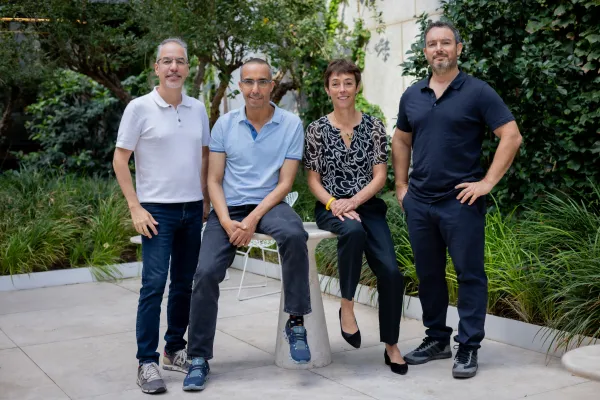Rubem Herzog’s rich clients can’t always remember all of their houses.
“You’ll only be able to have a full picture of their assets after you meet a few times, because they keep forgetting things,” explained Herzog, a senior wealth manager at Geneva Management Group, a multi-family office. Then clients will remember, “‘Oh yes, my house in the South of France!’”
He and GMG serve the world’s rich, a client base that traditionally belonged to white-shoe private banks and wire houses. But as the number of rich families increases, their tastes are also changing in favor of family offices. Over the last decade, the number of family offices has increased ten-fold, according to EY data.
[II Deep Dive: The Endowment-Style Offices Raking in Ultra-Rich Clients]
Wealth on the level of the Sam Walton and Michael Bloomberg clans will have their own dedicated operations, whereas multi-family offices tend serve the mere 0.01 percent. These private firms offer institutional-quality management for a family’s total wealth, not just one account or asset class.
“Only when you have everything on one piece of paper can you help those families better understand where their risks are,” Herzog told Institutional Investor in an interview. Advised by experts like Herzog, clients have full control over their wealth.
But money management is just the beginning.
Like other multi-family offices, Geneva Management Group started off with wealth management, but began offering more and more services to meet demand. “Take fintech, for example,” Herzog said. “We’ve seen the importance of blockchain, and our clients are interested in making investments.” GMG quickly learned to help.
Multi-family offices increasingly have in-house expertise on taxes, compliance and legal issues, direct deals, philanthropy, and reporting.
But it’s the soft skills that make these organizations and their staff truly succeed. Interpersonal dynamics of rich families are combustible, and serving them is trickier than, say, corporate pension funds.
“It is assumed you have the technical skills,” Herzog said. “But you must also be a family counselor.”






